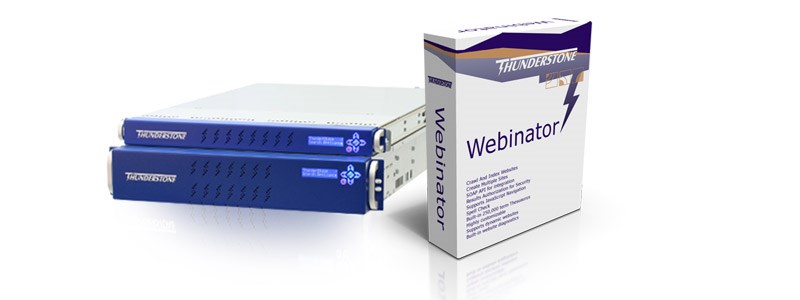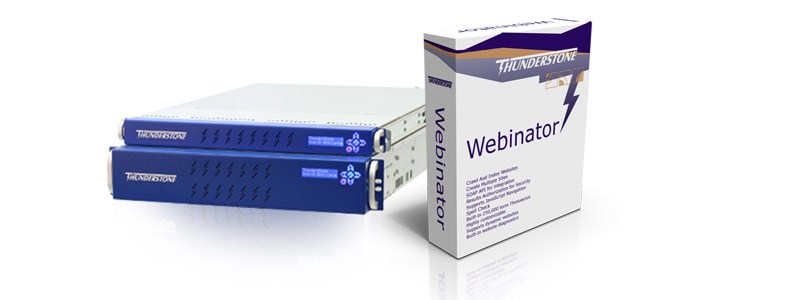As with many industries, healthcare has made strides to become more digital over the years. This trend has resulted in multiple improvements toward patient care and internal systems, and the push to digitize the healthcare industry isn’t slowing down anytime soon. From new ways to treat patients to improving electronic health records, here are some notable trends in the healthcare industry.
Virtual Care
As technology advances, more healthcare providers have shifted to providing convenient consultations in a virtual or mobile setting. Virtual care offerings like telemedicine and remote patient monitoring devices have led to affordable, effective ways to provide care that’s both convenient to practitioners and patients. As patients and doctors become more tech savvy, virtual care allows doctors and other healthcare professionals to see more patients and give these patients access to experts without having to worry about being in a different location at set times.
Wearables/Internet of Things
Health-based wearable items aren’t a new discovery, but more healthcare organizations are turning to the Internet of Things (IoT) and data-sharing devices to help learn more about patients. Wearable devices allow healthcare professionals to track important data in real time whether patients are in a medical facility, at home, or anywhere else. The IoT allows these professionals to then collect that data for and add it to electronic health records and other files that these professionals will need to access to determine treatment methods and make other data-based determinations.
The Cloud
Yahoo Finance estimates that the global healthcare cloud computing market will continue to grow from now through 2026, reaching a $40 billion market value at that time. As the healthcare industry continues to grow, more hospitals and other organizations are turning to move their IT infrastructure off premises and to affordable, scalable hosted search solutions that allow them to free up physical space and cut staffing costs.
Increased Security
As hospitals collect more personal information and invest in more internet connectivity through the internet of things and cloud-based data, the more they need to take cybersecurity seriously. BusinessWire reports that IoT-related data breaches rose from 15 to 26 percent since 2017. As healthcare data becomes more digital – which it will – it’s imperative that the healthcare industry continue to increase security efforts to protect both medical institutions and patients from cyberattacks. As a result, security spending should continue to rise in the healthcare industry.
EHR Optimization
Electronic health record systems are commonplace in the healthcare industry, but more organizations are taking steps to make their data more accessible and interactive. Investments in new data infrastructure, such as databases that can store and retrieve vast amounts of structured data, have allowed organizations to clean up their electronic health records. This shift allows healthcare professionals to easily organize and retrieve information through a database management system – as long as they also have the right search technology to search internal and external information for an entire organization.
Achieve Flexible Data Management Through Enterprise Search Technology
As the medical industry becomes more digital, there will be even more ways to collect and access important information. As a result, it’s increasingly important that healthcare organizations invest in the right search technology so that users always have access to the right information. Not only will this improve interoperability, better access to complete patient information allows healthcare professionals to provide a truly value-based care system for their patients.
For example, flexible data management allows medical practitioners to find what they need right away, whether they’re using a desktop or a mobile device. If a doctor needs to look up drug facts for a patient, they can filter their search to find the right information. Meanwhile, the system can also anonymize information if it recognizes personal information. This allows researchers to reference case information without seeing patient names or other sensitive info in search snippets. It can even block access to certain users to keep your organization compliant with HIPAA.
When you need to achieve flexible data management, Thunderstone can help. Our suite of search engine software and applications features the fully integrated structure of an SQL relational database (RDBMS) that intelligently queries and manages databases of up to hundreds of millions of records. This gives you the ability to store and search massive text documents within standard database table.
Don’t settle for a search solution that doesn’t give you complete access to your data. Request a demo today to test out Thunderstone’s enterprise search solutions for yourself or contact us to talk to one of our experts about we can help your organization control its information.







